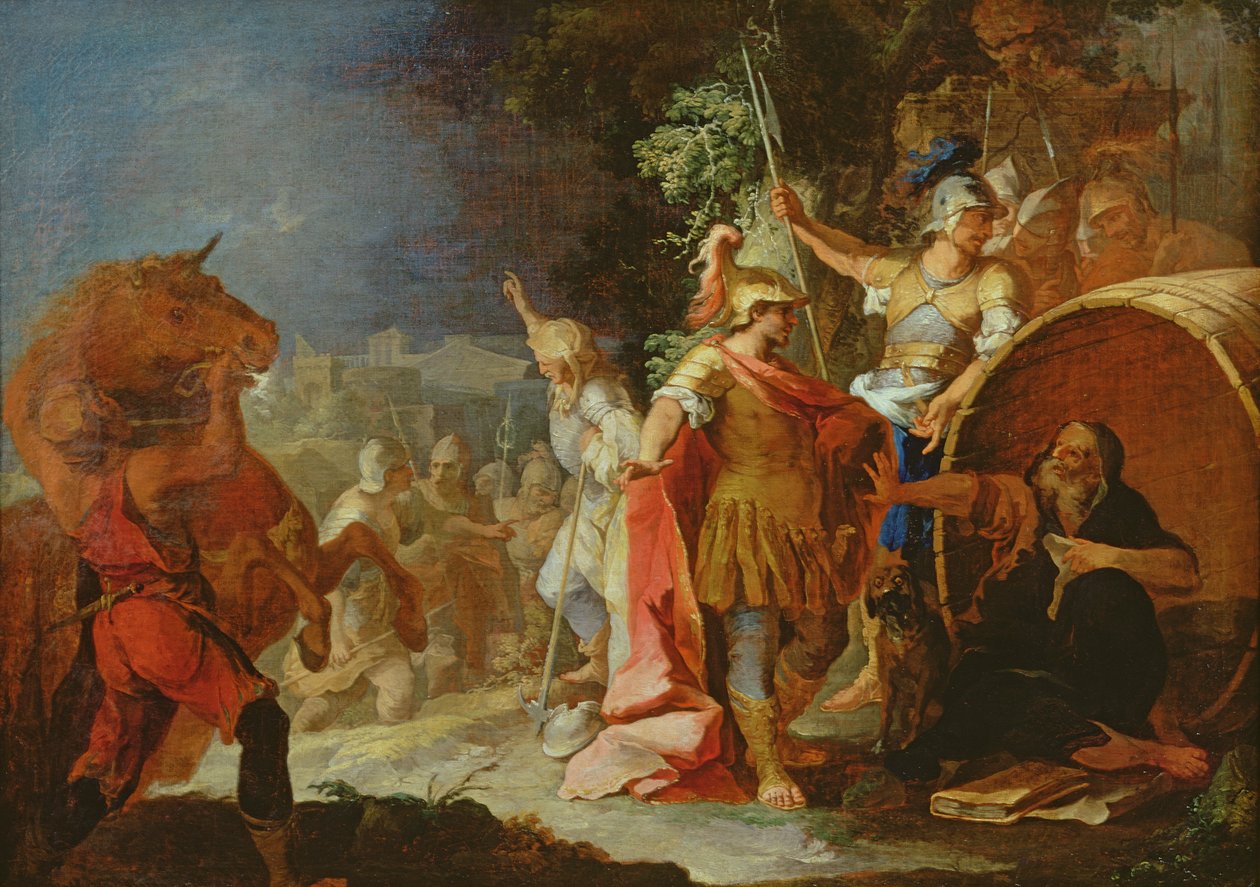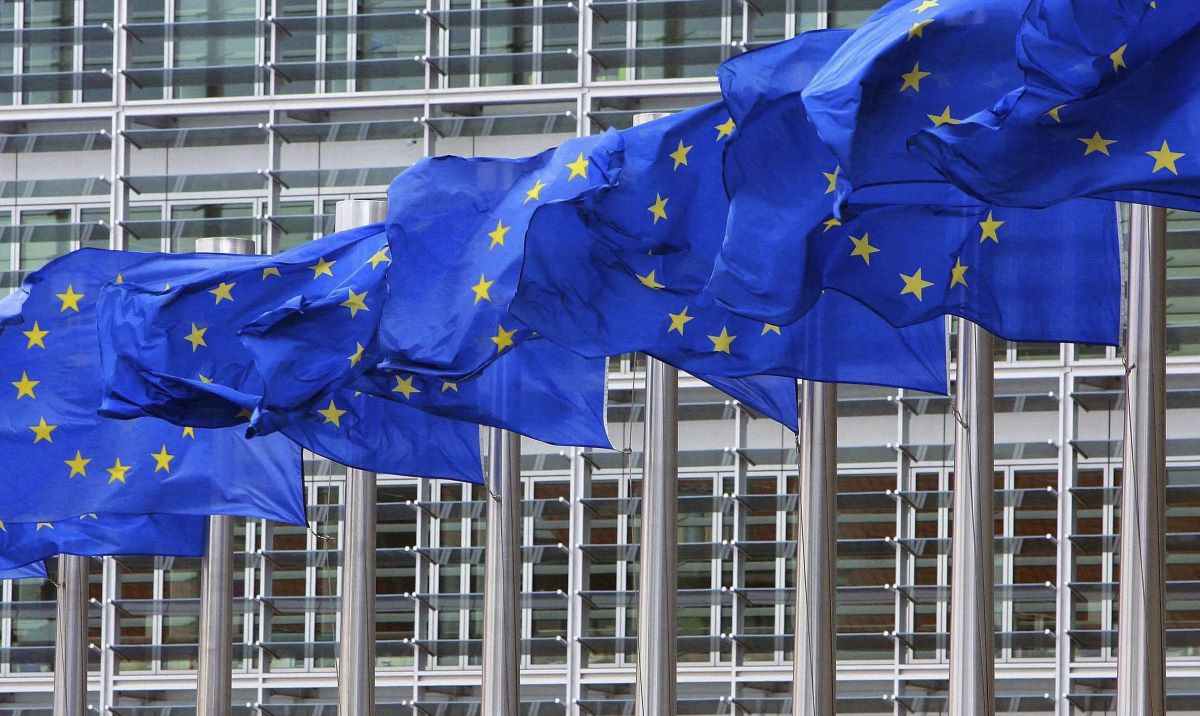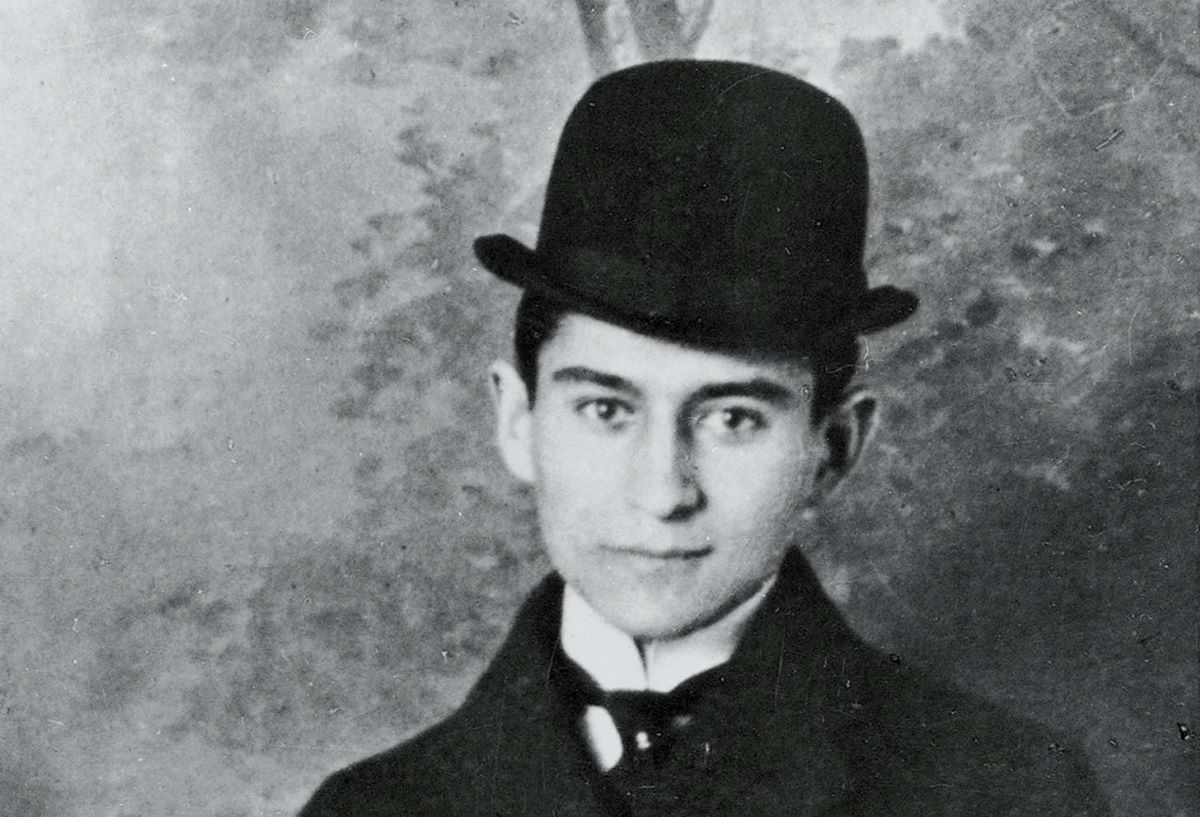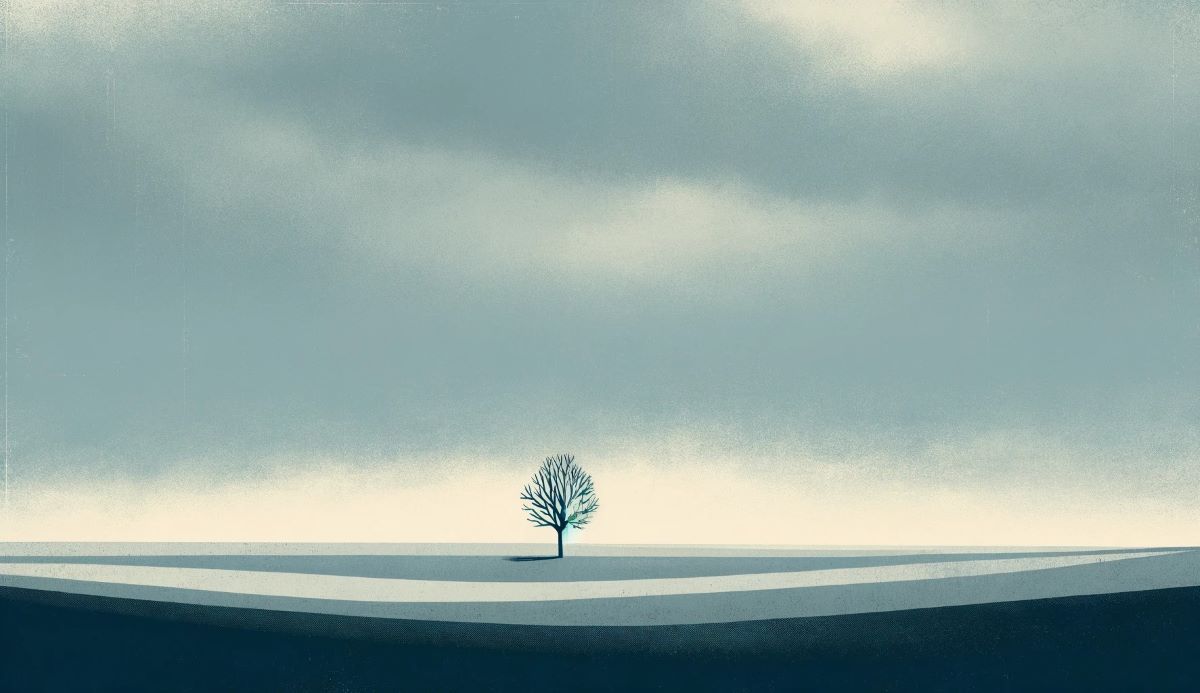Marcello Veneziani’s article, “Ideological Mafias and Powerless Governments,” reflects on the unchanged and strained relationship between intellectuals and political power over the past thirty years, highlighting a persisting cultural hegemony and mutual intolerance. He critiques both the left and right for their selective engagement with intellectualism and discusses how true intellectual freedom, exemplified by historical figures like Diogenes and Machiavelli, remains stifled by contemporary political and cultural dynamics. Veneziani laments the ceremonial nature of the interaction between culture and politics today, marked by exclusion and pettiness, which perpetuates a stagnant and unproductive climate devoid of genuine intellectual discourse.
* * *
What has become of the match between intellectuals and power? Thirty years ago, when the first right-center government was formed, I expressed the mutual discomfort of being labeled a right-wing intellectual: among intellectuals, being right-wing is unforgivable, and in right-wing circles, being an intellectual is equally condemned. I added that on the left, there is bias—they only read left-wing authors, unlike on the right, where neither right nor left-wing authors are read. Thirty years later, people read less, think less, and there is less exchange of ideas among those who think differently. There is more bitterness and resentment, more intolerance and closure towards those who do not fit into one’s own fence. The relevance of those categories from thirty years ago has diminished, but the mutual discomfort remains, today more than ever.
Indeed, power is not just the government, which is merely a secondary expression and a peripheral offshoot of power. We live in the era of bonsai sovereignties. A year and a half after the Meloni government took office, the cultural hegemony has not changed for the better. Even the small factories of consensus available to those in government merely pay homage to it, remaining as subservient as before to the prevailing cultural power, its dictates, its limits, and its catechism. Nothing has changed in the mindset, the themes, and the dominant narrative. Perhaps the Argentine philosopher Miguel Benasayag is right, in his latest book, L’epoca dell’intranquillità (tr. “The Era of Unrest,” translated by Vita e Pensiero), to argue that changes never start from political power but only reach it and political representation later. Politics has lost its driving force, no longer sparks civil passion, much less ideals, on both the left and the right, and corruption is one of its effects; it stirs puppets and surrogates, does not penetrate real life or culture, at best merely mimicking it mechanically. In the carousel of governments—whether center-right, center-left, anti-political, populist, or technocratic—the expectations of a citizen, an Italian, a man of the right remain unmet; governments change but nothing else does.
In the end, those who think freely see themselves in Diogenes the Cynic in the presence of Alexander the Great. The most powerful man on earth asked the penniless philosopher what he could do for him. Diogenes replied: “Stand out of my sun.” That is, do not overshadow me, let me enjoy the sun’s rays freely, do not stand between me and the world, life, light. In terms more suited to the political class: get out of my way. A century ago, Giuseppe Prezzolini, when those who had grown and nourished on his magazines and ideas came to power, declared himself unaffiliated and preferred solitary, voluntary exile rather than taking on a regime role. The proof that Diogenes (or Prezzolini) was right was provided, on the contrary, by Niccolò Machiavelli: he dedicated his masterpiece, The Prince, to the powerful figure of his time, Duke Lorenzo de’ Medici of Urbino (not to be confused with Lorenzo the Magnificent) and gave him his work along with two hunting dogs. Duke Lorenzo appreciated the two hounds more than the work; he perhaps did not even read it or understand it. This confirms how sterile and vain the relationship between culture and power is, except for rare moments. The consolation for the learned was that centuries later, that prince with his two dogs is remembered by no one, while The Prince by Machiavelli is still read worldwide. It is better to dedicate one’s work and effort to undefined gods rather than to fleeting small-time powers.
Certainly, there were exceptions over the centuries: with Marcus Aurelius or Frederick II of Swabia, for example, the relationship between power and culture was fertile; Bacon, besides being a philosopher, was a great minister, and Gentile as minister managed to implement institutes and reforms, contradicting the idea that a philosopher in power is always a loser, ineffective, or harmful. But such virtuous examples are rare, and considering today’s level and tone, even with the best intentions, the endeavor would now be wishful thinking. It’s not about securing positions, as most think, but about seriously undertaking cultural strategies and designing actionable future programs.
What is the relationship between culture and politics in the end? Almost nonexistent or merely ceremonial; points of contact occur when culture ceases to be such or when power ceases to command. A pause, a moment of suspension connects culture to power. Conversely, the small domes of cultural power in the realms of literature, cinema, academies, awards, and organizations that manage culture remain untouched. We might not call it hegemony, even because it is excessive to invoke Gramsci and his cultural design; it is better to talk about mafias, or in milder cases, “cliquishness,” which refers to the circles, lodges of acolytes, and mutual admirers. These small ideological-gender mafias promote themselves but especially solidify when it comes to excluding, vetoing, and ostracizing outsiders, those who do not conform. The same logics are repeated even in the periphery. Just last week, for instance, I was invited as a “biographer” of Vico to commemorate the fiftieth anniversary of a high school dedicated to him in the province of Taranto. However, I did so in absentia, at another institution, because the head of the Vico institute did not want us in her school. Petty local biases reflect high-placed examples of miserable partisanship, at the level of institutions, major media, and literary juries. I have been accustomed to vetoes and prohibitions all my life. Luca Ricolfi reminded us in La Stampa that more than twenty years ago I was prevented from speaking at the University of Turin (the same happened in Pisa, Florence, Genoa; and no cultural power, no professor deplored or dissociated themselves). Climates and governments change, but the situation does not. The militant intolerance at the base, the purge of cultural power, and the politics that shrug it off, remain unchanged, not even stepping out of the sun…
One spends life among vetoes, ostracisms, and exclusions; and you cannot even complain lest the sanctimonious accuse you also of victimhood. You can imagine the tiredness and bitterness that one feels in old age, even though indifference eventually prevails. But that’s how it has been, and that’s how it will continue until death do us part, when everything will be erased. Or saved by unspecified gods.
La Verità, April 9, 2024





